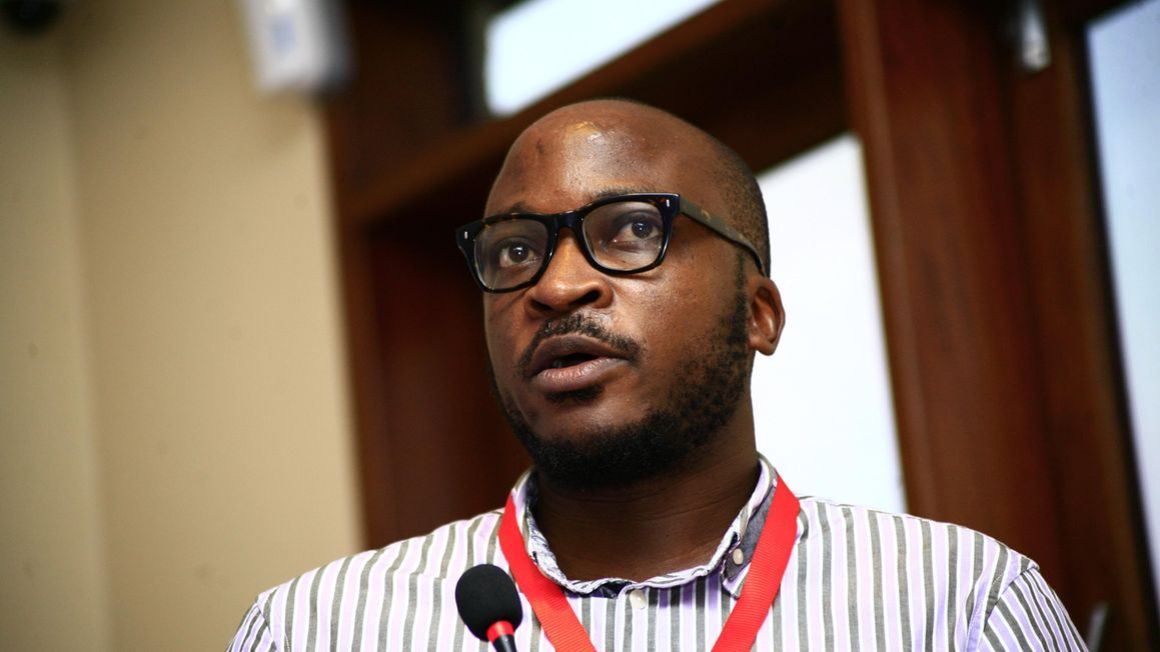Prime
Uganda’s DR Congo strategy must seek to replace tanks with trailers

Daniel K. Kalinaki
What you need to know:
- Military tanks might cut paths through the Congolese jungle but commercial trailers are what will deliver the goods, including peace and prosperity.
The official admission this week of the Democratic Republic of Congo into the East African Community has been underplayed because of our insularity and relative lack of incentives to play in the regional pool. It need not be.
The admission only puts a nametag to Congo’s place on the table. Until Jose Chameleone kicked them out of Kampala at the turn of the millennium, Congolese musicians ruled the roost and were synonymous with the region’s nightlife, providing a soundtrack to everything from war to weddings.
A former colleague at the Nation Media Group in Nairobi told me that he was so taken by Congolese music as a young university student that he learnt Lingala just so that he could understand the lyrics of the songs he danced to. To this day rhumba rules many of the nightspots in Nairobi, and Congolese musicians are clawing back market share from the East Africans and West Africans, including through collaborations to appeal to younger audiences.
But Congo is much more than its guitar maestros. On a visit to Turkana, in northern Kenya, a few years ago I was surprised to learn that most of the fish from the lake snaked its way several hundred kilometres away into eastern DRC. Many Ugandan poultry farmers are looking west to tap into growing demand from across the border.
In Rwanda’s western region which borders DRC at least 500 pigs and almost 300 goats are sold across the border every Friday and that’s from just one market. Tot up the action all the way from Burundi up to South Sudan and you begin to get an idea of how much demand is already coming from DRC.
Formally, Congo’s entry creates a regional trading bloc that runs from the Indian to the Atlantic Ocean and pulls the EAC even closer to the Southern African Development Community (SADC), of which the DRC and Tanzania are also members.
Congo is a sleeping giant. It has almost twice as many people as Kenya but only half its GDP but this belies Congo’s fantastic array of natural resources, from minerals, forest resources and fertile farmland, to the site of what could become Africa’s biggest hydroelectric power dam.
For many years Congo’s resources have benefitted the mostly foreign companies and the narrow local political and military elite that facilitates this exploitation. With a natural resource war only heating up between the world’s powers especially over rare earths and other minerals used in electronics and batteries, and of which DRC has plenty, regional players cannot outmuscle these major players.
But we don’t have to. Kenya’s Equity Bank has already shown that intrepid investors willing to bet on frontier markets can show a tidy return if they understand and navigate the local landscape intelligently. It also shows that there are low-hanging fruits for investors looking at creating shared value in DRC. Canadians can set up mines but nothing stops Kenyans from setting up banks or Ugandans from selling cement across.
There is work ahead for government to unlock this potential. First is to cut out the red tape and throw open the borders as Congo’s entry into EAC ought to automatically do. Visa-free access and open borders should be implemented quickly and tax systems integrated.
Secondly, we should build more infrastructure in and into DR Congo. Uganda’s move to build roads into Congo, while controversial at home, is actually smart geopolitical strategy. It increases trade and, in the ensuing shared prosperity, can increase the cost of conflict. Better a road carrying coltan than one drying cassava.
Those roads also help to facilitate quick movement of troops, if needed, to pacify the DRC’s notoriously febrile eastern region. Thirdly, Uganda, in particular, needs to recalibrate its regional policy towards DR Congo to strengthen military cooperation and collaboration while being deliberate about commercial diplomacy. The new airport in Kabaale will serve the oil and gas industry in the short-term but could, with intentional hard work, become the gateway into DR Congo and the wider great lakes region.
Military tanks might cut paths through the Congolese jungle but commercial trailers are what will deliver the goods, including peace and prosperity. We must make song and dance about the Congolese joining the EAC; it’s really a big deal.
Mr Kalinaki is a journalist and poor man’s freedom fighter.
[email protected]; @Kalinaki




